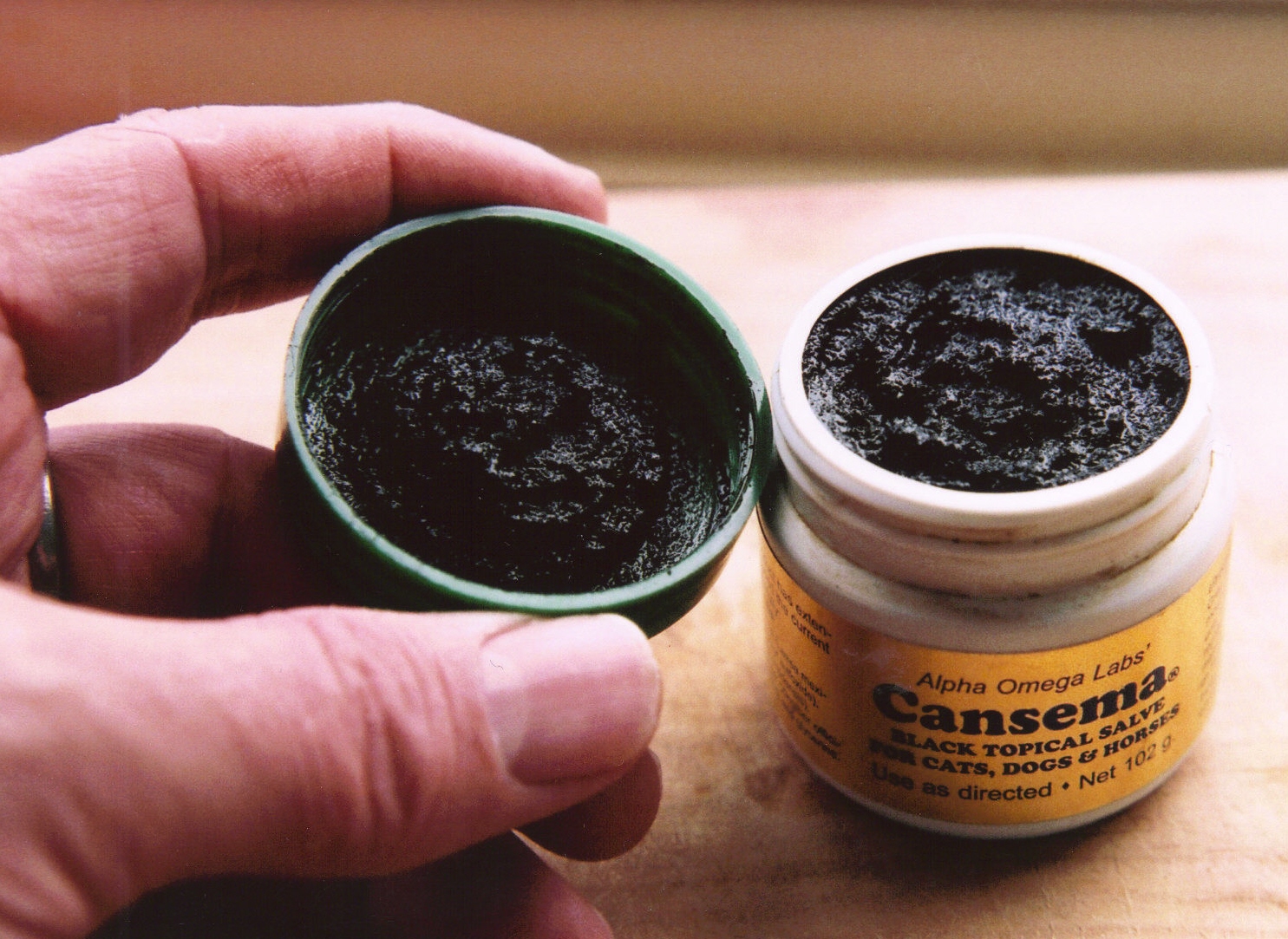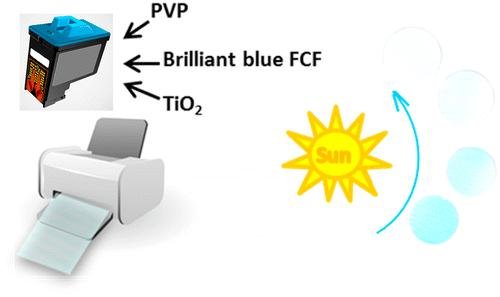Once school finally wrapped up (psych degree, what whaaat), I started posting little weekly science tidbits in a beauty community I frequent. It was a bit of a test to see if people were interested in reading this stuff.
Turns out they are!
 |
| People love hearing what's new in a scientific field, imagine that! |
So I’m going to start posting the tidbits here, too. Every Saturday there will be a new post about all the crazy ish that went down in skin/skincare science and research that week. Some posts will be big, some will be small- it's all up to what's published.
If you're still interested and ready to learn- read on! :D
First up, a product called black salve. Black Salve is an ointment that is gaining increasing traction as a “natural cancer treatment” in lieu of chemotherapy and/or surgical treatment. Unfortunately, unlike most traditional “natural skincare”, Black Salve is not at all harmless. And new research is uncovering just how woefully uneducated about these dangers the people who use Black Salve are. “‘There is a misperception that black salve 'draws the cancer out,' when, in fact, it just indiscriminately damages anything it touches. One of the reasons black salve treatment is so dangerous is that many users have no idea how harmful it can be.’ Complicating matters, using black salve can delay the detection and treatment of skin cancer. This could give the cancer a chance to spread, making it more difficult to treat, the researchers noted.”
In case you’ve never heard of Black Salve before and don’t know what it is, look for the in depth post I will be making in a few days (also I highly suggest you do not google it and look at the resulting google image search). For now though, Black Salve essentially works to erode tissue resulting in horrific scarring that requires numerous surgical procedures to correct. Typically after application, tissue does in fact necrose (die, basically) and fall off (seriously, don’t google it- I’m trying to protect you from the terrible). Because of this people think their cancer is coming off with it. But there is substantial evidence that this is not the case- Black Salve does not penetrate deeply enough to affect cancer or remove it in its entirety, but it will disfigure you if you apply it to your skin. It is extremely corrosive.
So this week, here is an important reminder: just because something is “natural” does not mean it is better or safe for you.
 |
| Harmful things can come in deceptively innocuous packages |
Speaking of “natural is better,” Investigations by Consumer Reports has found that only 26% of “natural sunscreens” give their labeled SPF. Conversely, 58% of chemical sunscreens were found to be their labeled SPF. Side note, I’ve personally found that CR doesn’t test European or Asian products (and their findings are usually behind a paywall), so this is something to keep in mind if those locales provide your sunscreens of choice. It’s also important to note that natural products (a term which currently has no US regulation) are growing in popularity among shoppers and they are being sought out with more and more frequency. Given that summer is on the horizon in the northern hemisphere (yo, it’s already too sunny in SoCal), this news couldn’t come at a better time. So when you’re out picking your poolside sunscreen, keep this finding in mind.
 |
| Some great and safe sunscreen brands are: Biore (this is what I use, actually), Bioderma, La Roche Posay, Elta MD, Neutrogena, Shiseido, Eucerin, and Nivea. |
Researchers have recently published an interesting proof of concept device: printable, paper UV exposure monitors. “An easy to use and easy to fabricate sun exposure sensor was prepared via the inkjet printing of titanium dioxide (TiO2), polyvinylpyrrolidone (PVP), and food dye on paper. The sun exposure sensor works by employing titanium dioxide (TiO2) as a photocatalyst to degrade the food dyes resulting in gradual discoloration of this film.” The idea is that the general public could use this as a way to track their current UV exposure and seek shade/reapply sunscreen as necessary (did I mention you can set the monitor to consider your current sunscreen application? ‘Cause you can). The researchers behind this haven’t indicated that they will be continuing this research or working to bring this product to fruition. Hopefully they’re just trying to be secretive as a product like this could be hugely valuable and has the potential to save lives. Also I wants it. <<;
So that's what's new this week in Skin Science! I hope you enjoyed this little tidbit of news. If you have any questions or comments about the format or you have constructive criticisms you wanna chat about, leave them in the doobly doo below.
I have a bunch of new posts/ideas in the works and they should start coming out shortly. I'm really excited and happy to be back and posting again! <3

This comment has been removed by the author.
ReplyDeleteI admiring time and effort you put in your blog, because it is obviously one great place where I can find lot of useful info.
ReplyDeleteBest Dermatologist in Delhi
Thank you for sharing information. Wonderful blog & good post.Its really helpful for me, waiting for a more new post. Keep Blogging!
ReplyDeleteWeight Management in Lucknow
Skin Perfection in Lucknow
skin lift in Lucknow
Science Saturday: Black Salve & Sunscreen https://kemchongnang.top/
ReplyDelete